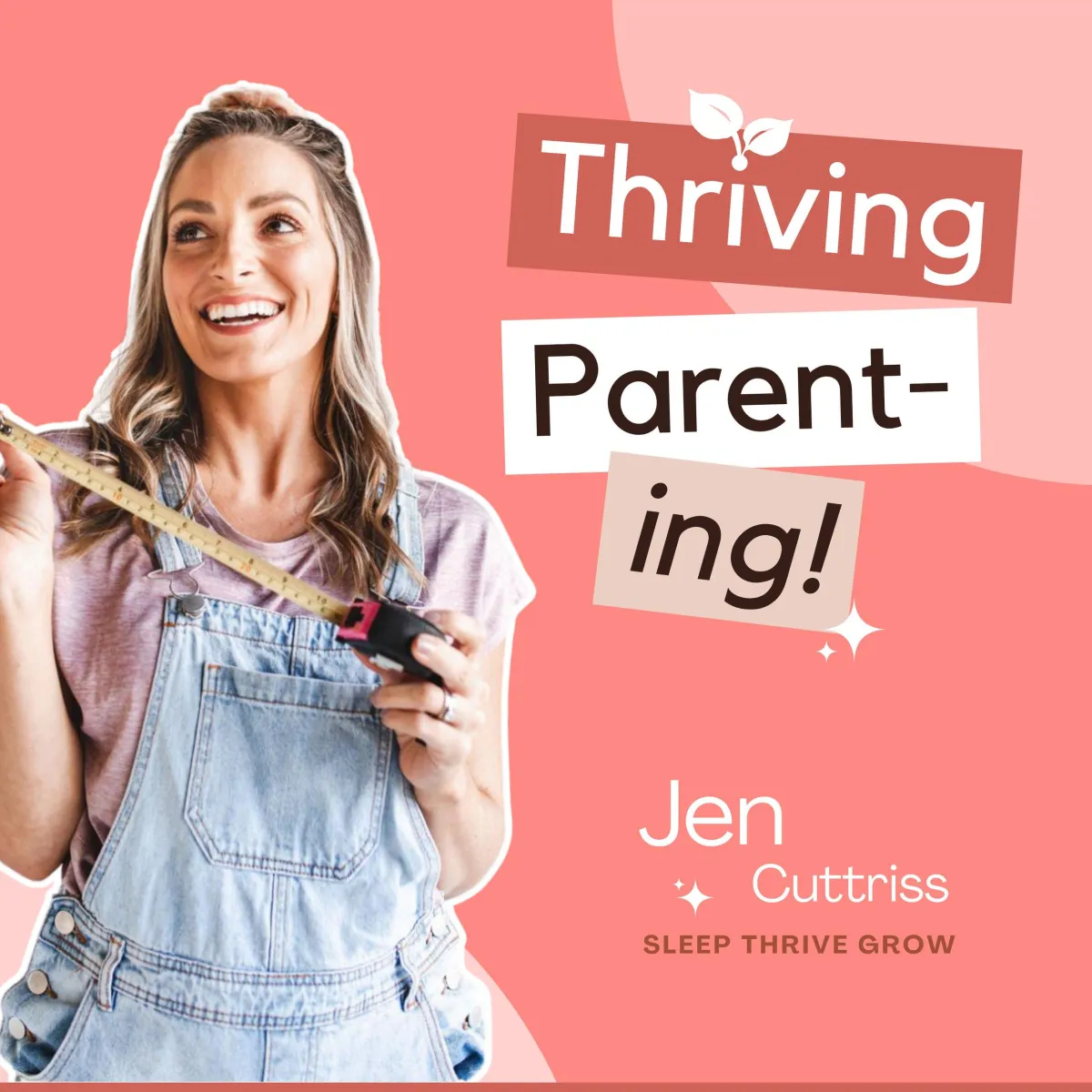
Understanding Birth Trauma & Motherhood Shift
One in three women experience birth trauma in Australia—and many carry the emotional weight silently. In this blog, we explore what birth trauma really is, how to recognise the signs, and why healing starts with being heard.
When we picture birth, we often imagine it as a joyful arrival—the moment we meet our baby for the first time. But for many women, this milestone moment is far from joyful. According to recent statistics, 1 in 3 women in Australia experience birth trauma, and 1 in 10 go on to develop symptoms of Post-Traumatic Stress Disorder (PTSD).
So why are we still whispering about it?
In a recent Thriving Parenting podcast episode, we sat down with Emma Snelgar, a Mental Health Nurse, birth therapist, ex-midwife, and founder of Empower Matrescence. She’s one of the few professionals offering a safe space for mothers to debrief and process their birth stories—no matter how long ago the birth happened.
What Is Birth Trauma?
Emma explains that trauma occurs when our ability to cope is overwhelmed by a situation that feels threatening, frightening, or distressing. When applied to childbirth, birth trauma is defined not by what happened, but by how the woman experienced it.
“No one else gets to define whether a birth was traumatic,” Emma says. “It’s a subjective experience—and only the woman can say if it left an emotional or psychological scar.”
And that scar might not show itself immediately.
Signs You Might Be Carrying Birth Trauma
In the whirlwind of postpartum life, many mothers push aside their feelings to focus on the baby. But birth trauma can show up in subtle and not-so-subtle ways, even years later.
Common emotional and physical signs include:
Feeling numb or disconnected from your baby, body, or partner
Difficulty sleeping, concentrating, or managing mood swings
Anger or grief over how the birth unfolded
Avoiding talking about the birth—or even driving past the hospital
Hypervigilance or intrusive thoughts
Trouble bonding with your baby
Emma also highlights a crucial truth: You can feel trauma and be grateful your baby is healthy. These feelings aren’t mutually exclusive, and both deserve space.
When Birth Isn’t Traumatic… But Still Not Okay
Many mothers don’t use the word trauma to describe their birth. Maybe it was “just disappointing,” or didn’t go according to plan. Maybe you felt unheard, unsupported, or simply left behind in a moment that was supposed to be yours.
Emma calls this disenfranchised grief—a quiet, often unacknowledged sadness over what was lost: the birth you hoped for, the golden hour you didn’t get, the connection you struggled to find.
And yes, it’s worth unpacking. Even if it’s been 10 years.
The Power of Birth Debriefing
Emma offers birth debriefing through her practice Empower Matrescence, supporting women to safely revisit their experiences, explore what happened, and most importantly how it made them feel.
“Sometimes, just being heard without judgment is the most healing thing,” Emma shares.
Sessions may include:
Space to share your birth story from beginning to end
Emotional validation and nervous system education
Gentle exploration of what happened clinically (drawing on Emma’s midwifery background)
Acknowledgement of grief, disappointment, or anger
Practical support to move forward—especially if planning future births
There’s no timeline. There’s no trauma checklist. If you’re still thinking about your birth, it’s okay to talk about it.
What Is Matrescence—And Why You Should Know This Word
Matrescence is the often-ignored emotional, physical, hormonal, and identity transformation a woman experiences when she becomes a mother. Like adolescence, it’s awkward, profound, and rarely linear.
Emma describes it as “growing an entirely new part of yourself.” And it’s ongoing—because as your baby grows, so do you.
Your brain changes. Your priorities shift. Your relationships, identity, and even your sense of self may feel foreign. But instead of recognising this as a natural part of becoming a mother, many women blame themselves for “not coping.”
Learning about matrescence can offer powerful self-compassion. It helps you understand that you’re not broken—you’re becoming.
How the System Is Failing—And What Can Be Done
Emma candidly shares that 68% of all birth trauma is linked to care provider interactions—not just the birth event itself. From lack of informed consent to rushed decisions, many women walk away feeling dismissed, coerced, or deeply misunderstood.
The system, as Emma says, “is set up for the system, not the woman.”
But change is happening. Some hospitals are beginning to adopt trauma-informed care and consent training. And more professionals like Emma are stepping in to fill the gap, offering heart-centred, evidence-based support.
How to Prepare for a Better Birth Experience
While birth will always carry some level of unpredictability, Emma offers tangible ways women can feel more empowered:
Choose continuity of care. A known midwife or consistent provider is one of the strongest protective factors.
Build your support team. Whether it’s a doula, partner, student midwife, or friend—emotional safety matters.
Educate yourself. Understand your rights, options, and what informed consent should actually sound like.
Know that you can change providers. You are not “too late” or “too demanding.”
And remember, you don’t have to do it alone.
Final Words from Emma
“If society values its children, it must cherish their parents.”
– John Bowlby
Emma reminds us that we were never meant to do this without support. Mothers need more than a six-week checkup and a pat on the back—they need space, understanding, and healing.
So if you’re reading this and feeling seen for the first time, know this: You matter. Your story matters. And healing is possible.


